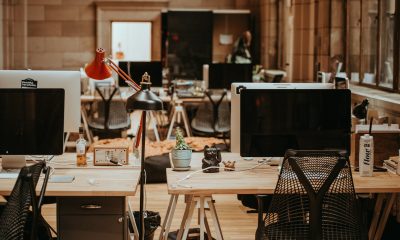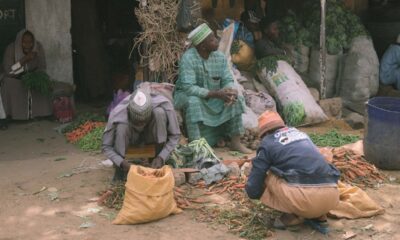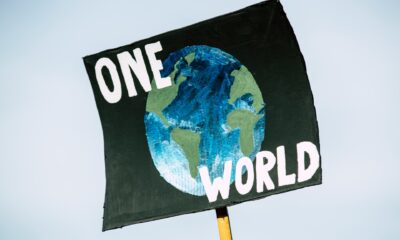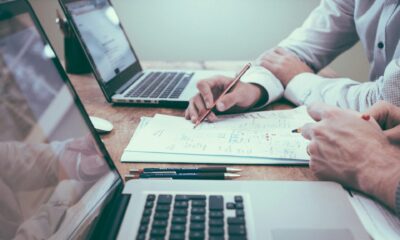Africa
Nutrigreen Organizes a Living Lab on Non-Wood Forest Products in Burkina
The Nutrigreen project was created because of the realization that climate change has exacerbated problems linked to food and nutritional security. Launched in 2021, it is being led by universities in four countries: Germany, Sweden, Burkina Faso and Senegal. During Living Lab, producers highlighted three major problems: water shortages, lack of appropriate fencing for the fields and lack of buyers
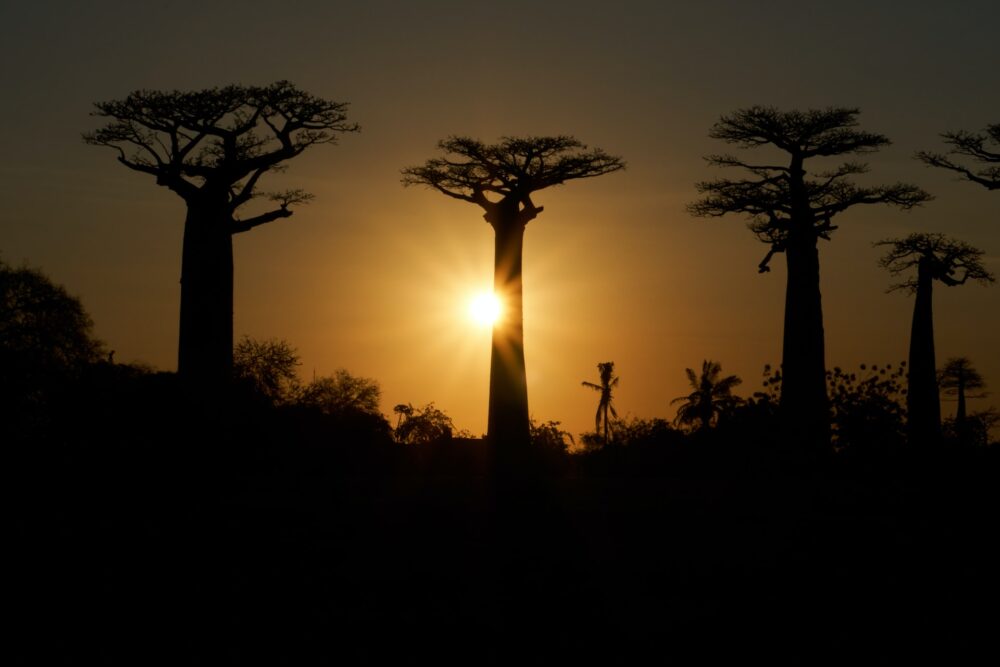
The Nutrigreen project, coordinated by Professor Konstantinos Karantininis, SLU, organized a Living Lab event from November 15th to December 7th, 2023, in Burkina. This activity brought together a range of players in the moringa, baobab and hibiscus sectors, to discuss the problems encountered at each link in the value chain of these sectors. The closing ceremony took place on Thursday December 7th, 2023 in Ziniaré, in the Plateau Central region.
Over a three-week period, producers, transporters, processors, distributors and consumers identified the challenges they faced, and worked together to find solutions and strategies to implement the solutions found.
Read more about the Nutrigreen project and the Living lab organized in Burkina and find the most important economic news from around the world with the Born2Invest mobile app.
During the discussions, producers – the main target of the project – highlighted three major problems: water shortages, lack of appropriate fencing for the fields and lack of buyers
Solutions to the water problem included the construction of water collection basins, boreholes and wells, and many others. In addition, the creation of hedgerows, the participation in and organization of fairs and promotional days were also proposed, respectively to deal with problems linked to fencing and the lack of buyers.
This activity was innovative in the sense that it was not limited to the solutions proposed. In concrete terms, the “Living lab” first conveyed to the producers the merits of organizing and operating as a single cooperative in order to be able to apply the proposed solutions.
Secondly, the activity provided a networking framework for producers and buyers, and finally it enabled fruitful exchanges between producers and microfinanciers, who detailed how producers could obtain financing to solve the water and fencing problems they face.
One producer emphasized that this exchange platform was beneficial, as it enabled her to acquire new knowledge to develop her business and expand her professional network.
Aminata Sawadogo, who has been producing hibiscus, baobab and moringa for three years, said she was satisfied with the Living Lab, which enabled her to expand her professional network.
“As solutions, they showed us how to collect our water in one place and then reuse it. They also explained that we can take out a loan to set up a borehole. To protect our crops from animals, given that there are no fences, they gave us the solution of planting thorny trees all around to prevent animals from entering our fields”, said Aminata Sawadogo, who has been producing hibiscus, baobab and moringa for three years.
Nutrigreen project: One of the organizers commented on the choice of moringa, hibiscus and baobab in Burkina Faso
“In addition to being rich in vitamins and iron, these plants are also drought-resistant. We were therefore interested in these value chains to see how we could develop them so as to introduce them into people’s daily diet and generate more income for farmers,” confided Magloire Thiombiano, a member of the Living lab organization.
According to the Living lab coordinator, this workshop was essential, given the significant spin-offs from the various exchanges that took place. “It was a pleasure to do this Living lab, because the discussions were lively and the participants really made progress. In the case of hibiscus, for example, processors didn’t know that there were producers just 35km from Ouaga, to the point where some processors were even traveling out of the country to obtain it”, explained Living lab coordinator Eva Traoré Dahlberg.
For the record, the Nutrigreen project was created as a consequence of the realization that climate change has exacerbated problems linked to food and nutritional security, and the poverty of our populations. Launched in 2021, it is being led by universities in four countries: Germany, Sweden, Burkina Faso and Senegal.
__
(Featured image by Dmitrii Zhodzishskii via Unsplash)
DISCLAIMER: This article was written by a third party contributor and does not reflect the opinion of Born2Invest, its management, staff or its associates. Please review our disclaimer for more information.
This article may include forward-looking statements. These forward-looking statements generally are identified by the words “believe,” “project,” “estimate,” “become,” “plan,” “will,” and similar expressions. These forward-looking statements involve known and unknown risks as well as uncertainties, including those discussed in the following cautionary statements and elsewhere in this article and on this site. Although the Company may believe that its expectations are based on reasonable assumptions, the actual results that the Company may achieve may differ materially from any forward-looking statements, which reflect the opinions of the management of the Company only as of the date hereof. Additionally, please make sure to read these important disclosures.
First published in lefaso.net. A third-party contributor translated and adapted the article from the original. In case of discrepancy, the original will prevail.
Although we made reasonable efforts to provide accurate translations, some parts may be incorrect. Born2Invest assumes no responsibility for errors, omissions or ambiguities in the translations provided on this website. Any person or entity relying on translated content does so at their own risk. Born2Invest is not responsible for losses caused by such reliance on the accuracy or reliability of translated information. If you wish to report an error or inaccuracy in the translation, we encourage you to contact us.

-

 Cannabis6 days ago
Cannabis6 days agoWhen a Cutting Becomes a Cannabis Plant: Court Clarifies Germany’s Three-Plant Rule
-
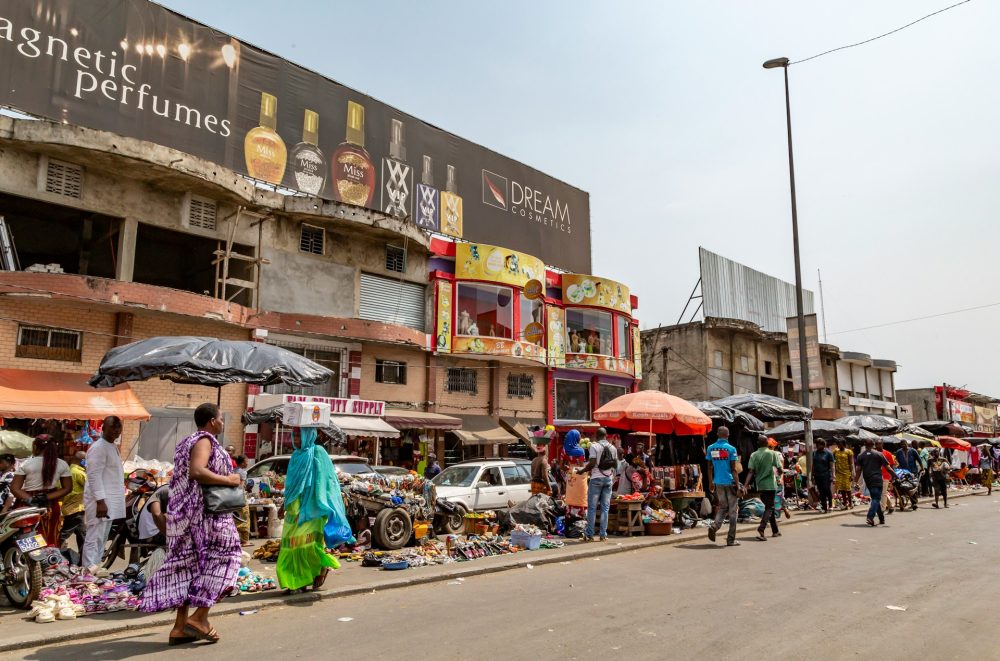
 Africa2 weeks ago
Africa2 weeks agoIvory Coast Development Plan 2026–2030: Investment, Growth, and Strategic Reforms
-

 Africa2 days ago
Africa2 days agoMASI Surge Exposes Market Blind Spot: The SAMIR Freeze and Hidden Risks
-

 Crypto1 week ago
Crypto1 week agoBitcoin Rebounds Above $70K as Crypto Markets Show Fragile Signs of Recovery
